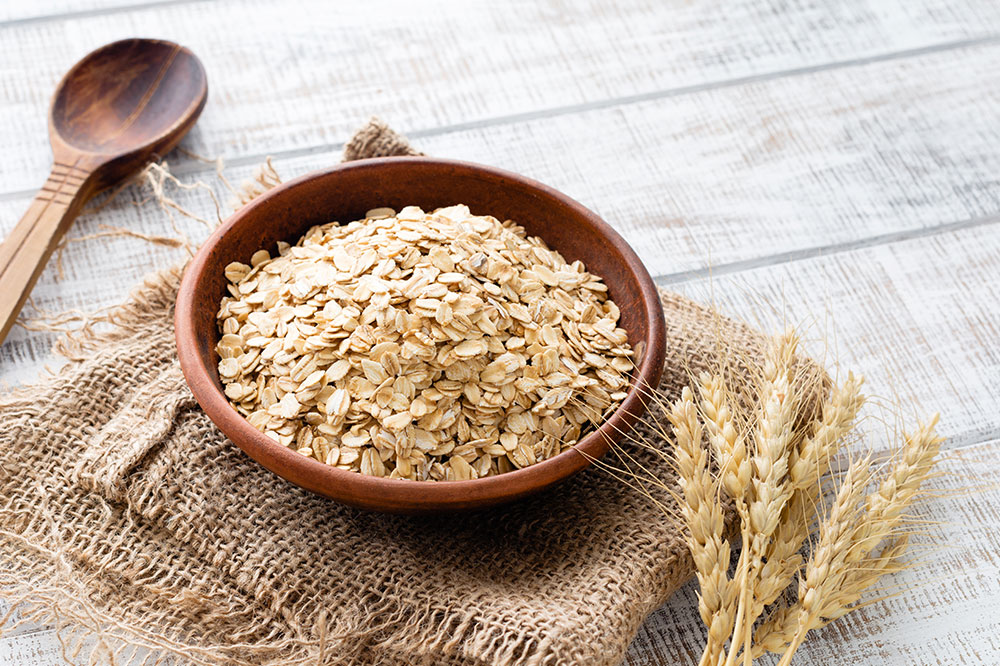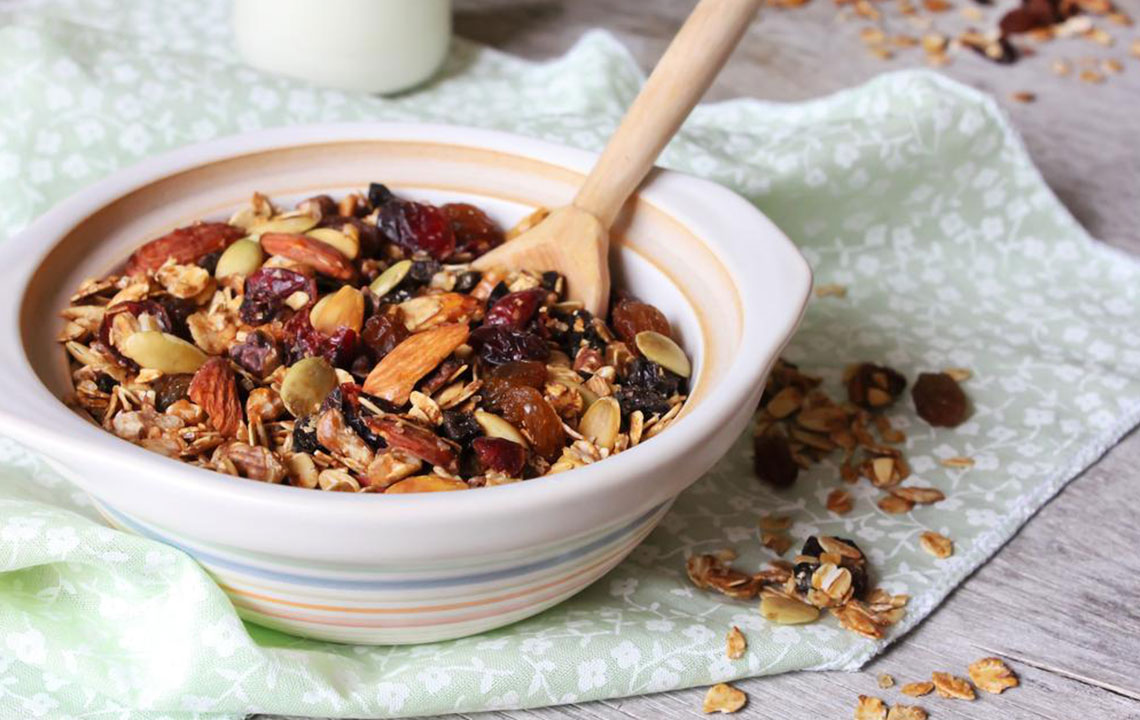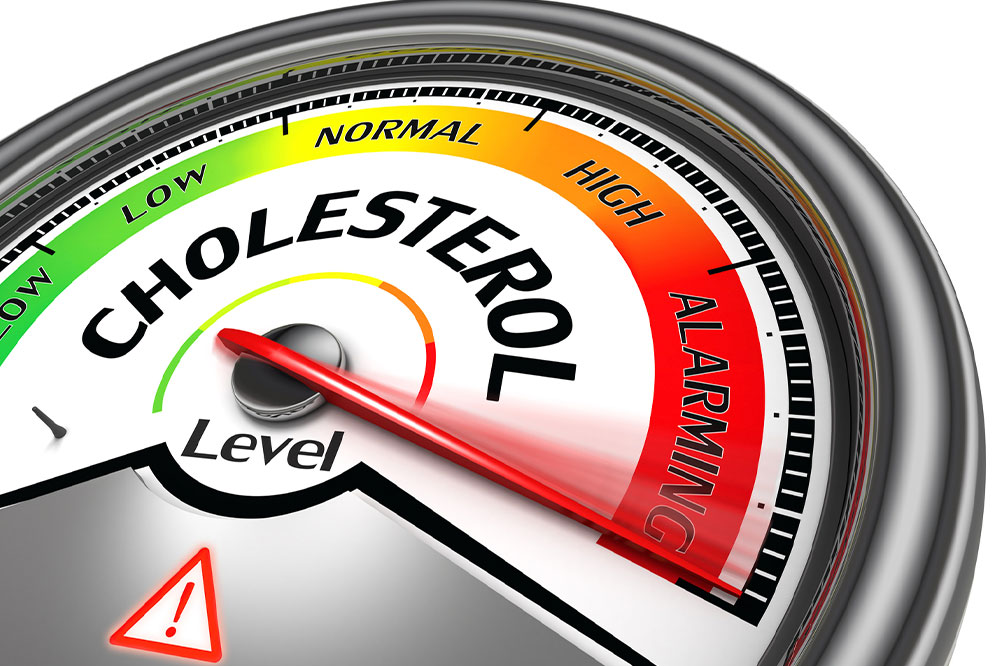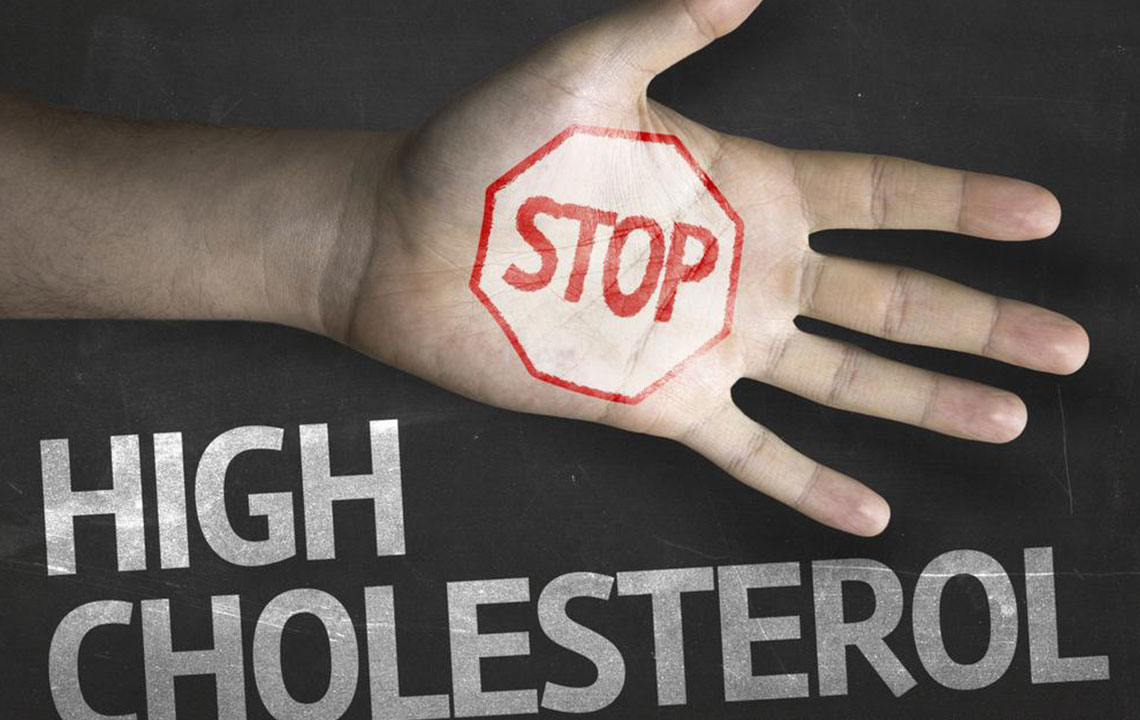Effective Strategies to Manage Cholesterol Levels
Learn effective methods to control cholesterol levels naturally or through medication. This guide covers testing procedures, risk factors, quick ways to reduce LDL cholesterol, and essential lifestyle tips to prevent heart-related issues and maintain overall health.

Effective Strategies to Manage Cholesterol Levels
Tips for Managing Cholesterol
The foods we consume contribute only partially to the cholesterol in our bodies. The undesirable LDL cholesterol often results from persistent unhealthy habits and lifestyles. Our bodies typically regulate cholesterol effectively, but poor diet choices and sedentary routines can cause imbalances, raising LDL levels. Natural approaches and supplements may help lower high cholesterol rapidly. Sometimes, doctors recommend medications for those with elevated LDL cholesterol who seek quick results.
Monitoring your cholesterol levels is vital to identify if they are elevated.
How to check cholesterol?
Cholesterol levels differ depending on age, weight, and gender. For instance, children naturally have lower cholesterol, while adults tend to have higher levels. Age is a key factor in increasing cholesterol. Therefore, regular testing is recommended for adults. The procedure includes:
Getting a lipid profile or lipoprotein analysis.
Preparation for testing is simple. Doctors will advise if fasting is required, typically for 9-12 hours. A blood sample will be taken from the arm or finger for analysis of HDL, LDL, and triglyceride levels.
Are there signs of high LDL cholesterol?
High LDL usually shows no symptoms but can lead to serious conditions like heart attacks, strokes, or diabetes. Many remain unaware of their cholesterol status without proper testing. Recognizing risk factors helps determine when to check your levels:
Diet rich in fast food, sugary drinks, trans fats, and fried foods.
Obesity and large waist circumference.
Smoking and excessive alcohol intake.
Pre-existing diabetes.
Rapid ways to lower cholesterol?
While lifestyle and diet improvements are primary, certain supplements can accelerate the process:
Supplements like fish oil can help reduce triglycerides.
Psyllium fiber supplements help decrease LDL cholesterol and triglycerides, beneficial especially for diabetics.
Soy protein supplements are effective alternatives to animal-based proteins for lowering LDL levels quickly.
Always consult a healthcare professional before starting any supplement. There are many options available, and your doctor can guide you best.
Important do’s and don’ts to lower LDL cholesterol
Adopt a diet rich in natural, cholesterol-lowering foods.
Never start supplements without medical advice.
Remember, supplements are part of a broader plan; they won't work alone.
Regularly monitor your cholesterol levels and aim for a healthy range.










